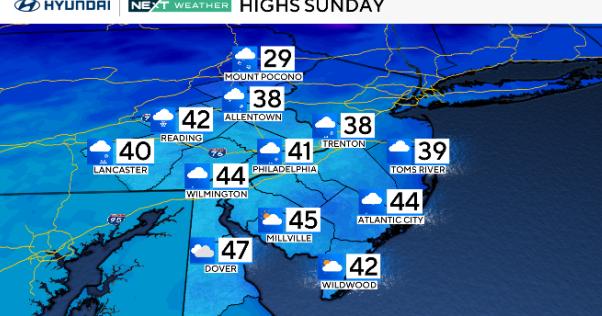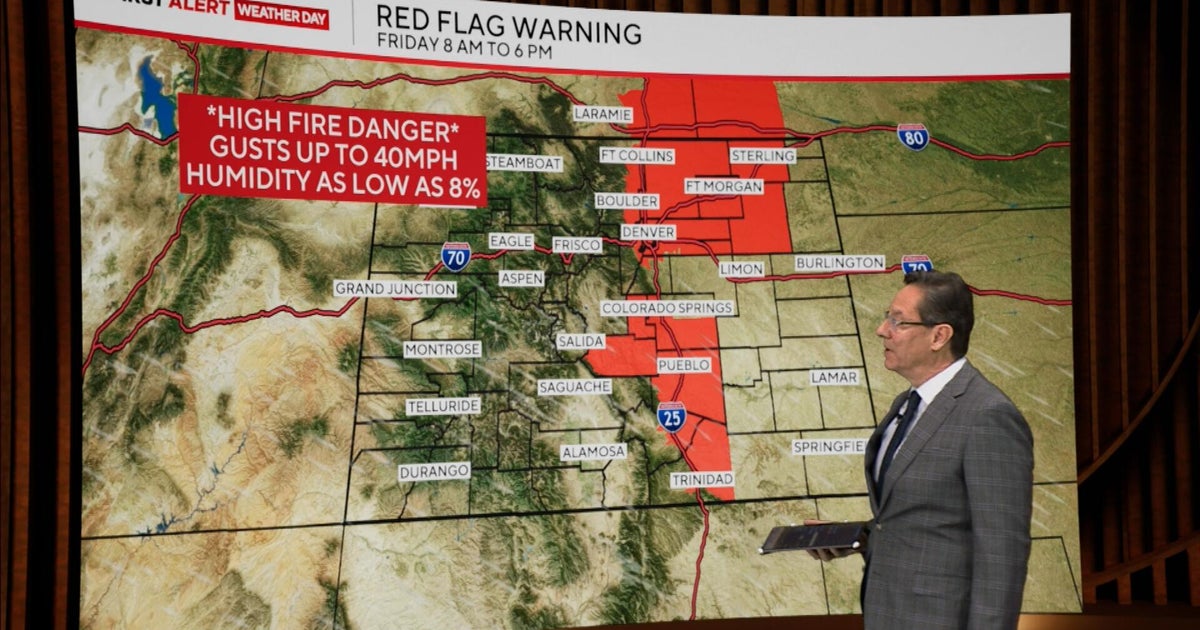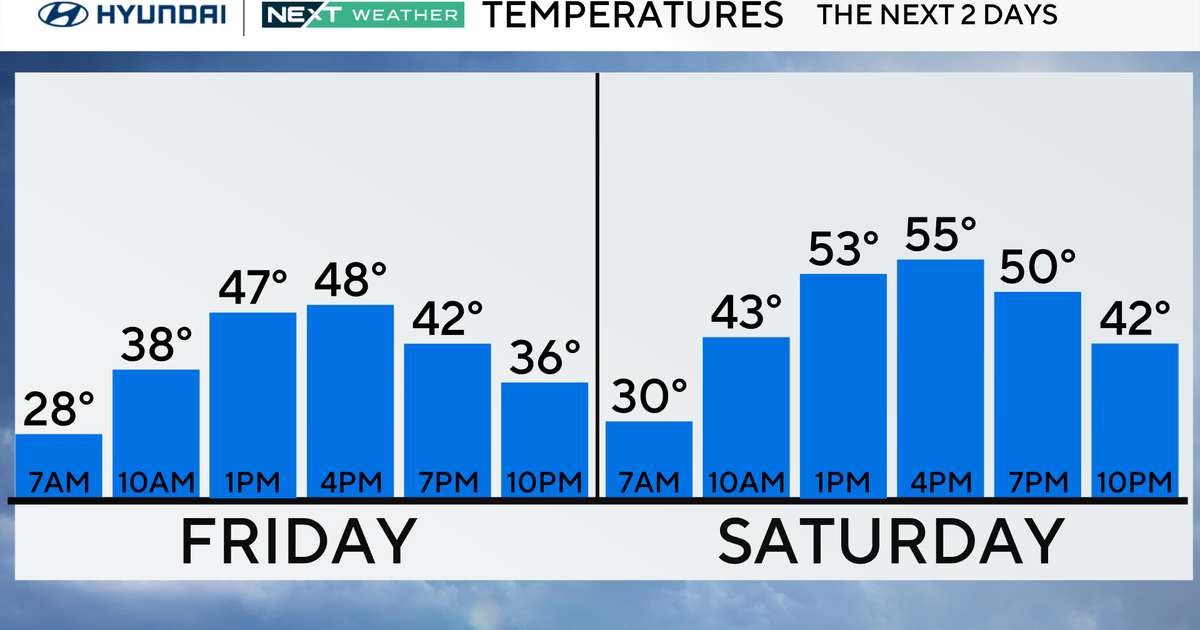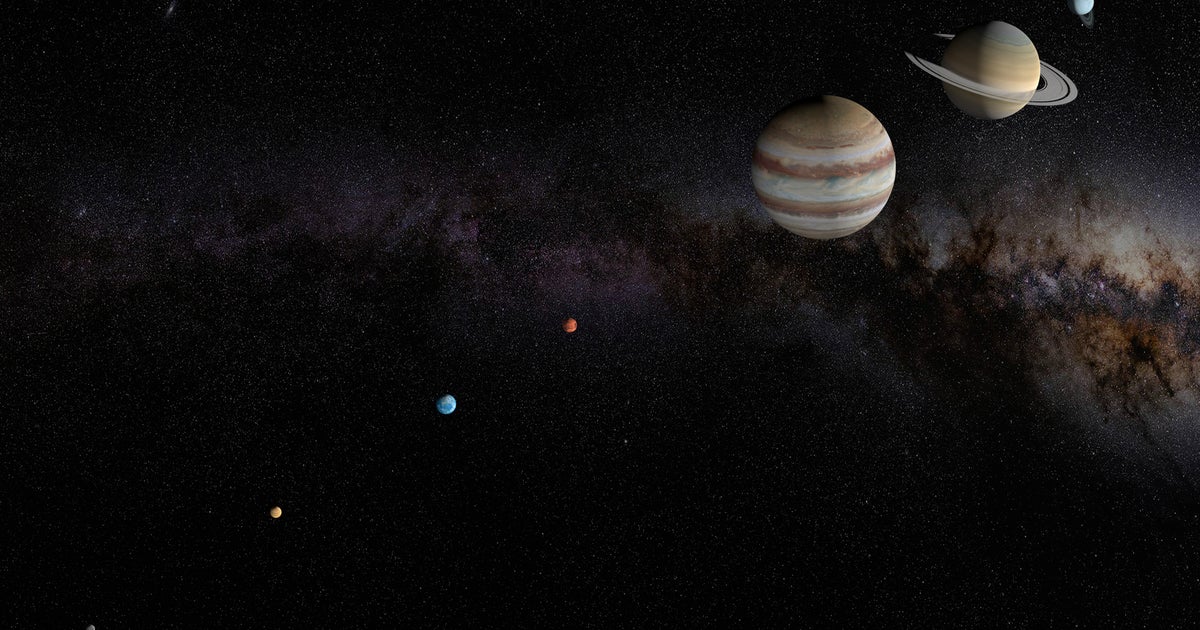What are geomagnetic storms? What happens when northern lights are visible?
(CBS DETROIT) - We're in for another show in the sky Thursday night as the northern lights will be visible as far south as Alabama and northern California.
If you haven't seen the northern lights from the comfort of your backyard lately, you have another chance as another severe level of geomagnetic storm is affecting Earth.
Solar cycles average about 11 years, and we're ramping up to the peak of this cycle. This particular cycle is quite active with at least 50 X-class flares within the last five years. However, 46 of those flares have happened within the last year alone.
Solar flare classifications begin with an A-Class, the weakest classification with barely any noticeable effect on Earth. The strongest classification, and the one we're currently experiencing, is an X-class solar flare. These cause radio blackouts worldwide and long-lasting radiation storms. Within each of these classifications are levels between one and nine. The higher the number, the stronger the flare.
On Tuesday night, an X1 flare originated from the central portion of the sun. This coronal mass ejection (CME) traveled toward Earth at roughly 2.5 million miles per hour. At 10:49 a.m. Thursday, the CME finally reached Earth's DSCOVR satellite, which is located 1 million miles away. Thirty minutes later, it reached Earth's atmosphere.
"So the eruption occurs. It's a blast of a million tons of plastic gas and magnetic field that gets shot out of space and it's coming towards Earth, or at least some of it is. It takes a couple of days to get here," said Bill Murtagh, forecaster with the Space Weather Prediction Center. "It hits Earth's magnetic field, the two magnetic fields coupled the magnetic field that was in that cloud, the coronal mass ejection and the Earth's magnetic field, and those energetic particles come flowing into the high latitudes, interact with the Earth's atmosphere, triggering the beautiful light, show the northern lights. And of course, in the southern tier and the southern hemisphere, the southern lights as well. Anytime we get that level of storming, the folks in Michigan are going to see the northern lights."
Shawn Dahl, a forecaster for the Space Weather Prediction Center, says the way CMEs impact Earth is similar to an approaching cold front. You'll get that strong initial shock like that of a blast of wind, but then it takes a while for cold temperatures to arrive. It will also take a while for the strongest part of the magnetic cloud to settle over Earth.
Therefore, on a scale of 1 to 5, with five being extreme, this storm's rate has reached the "severe" level as a G4. While we haven't had any confirmed disruptions yet, we will continue to see the effects of this storm even into tomorrow, and that includes being able to see the northern lights.







